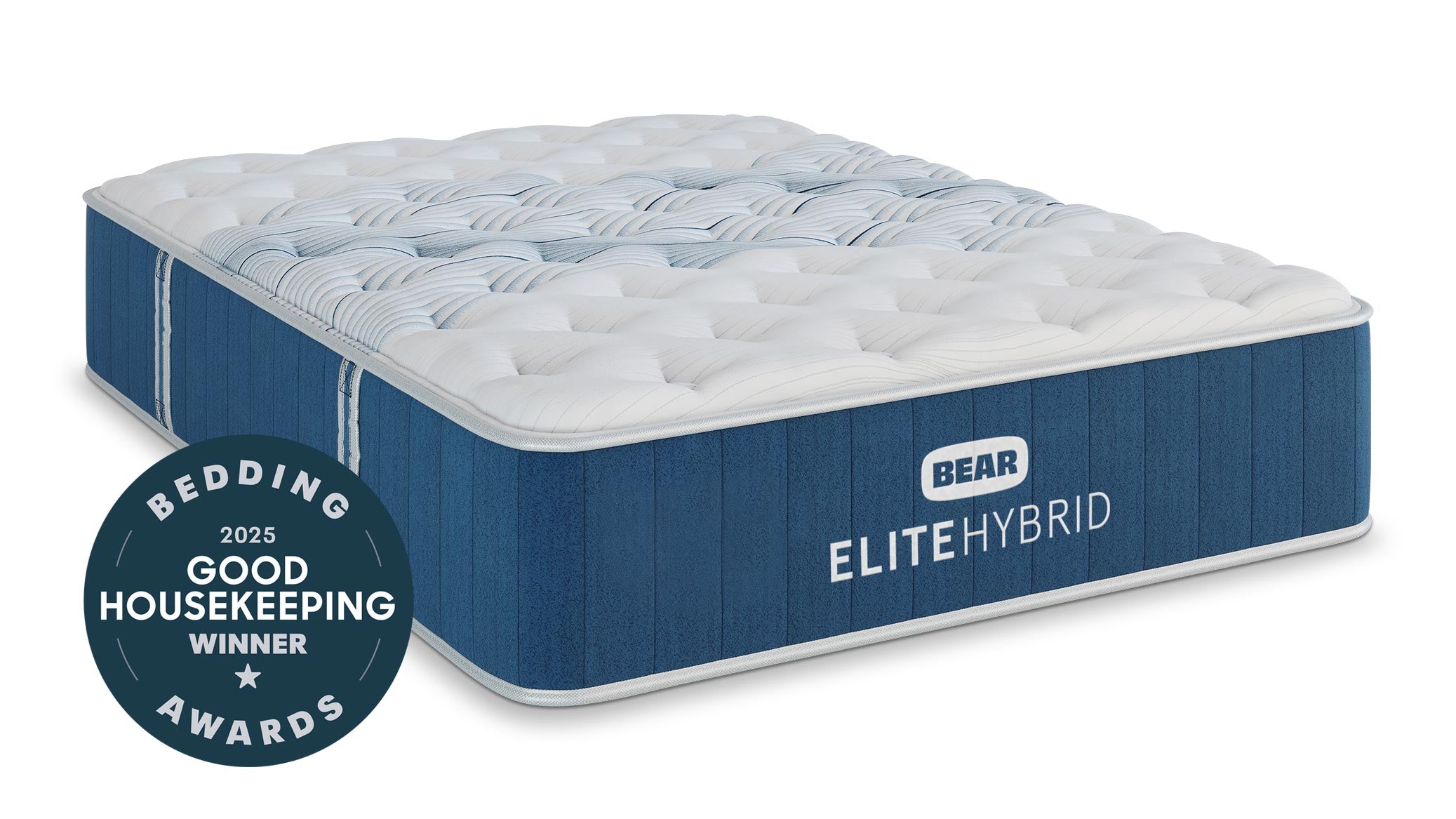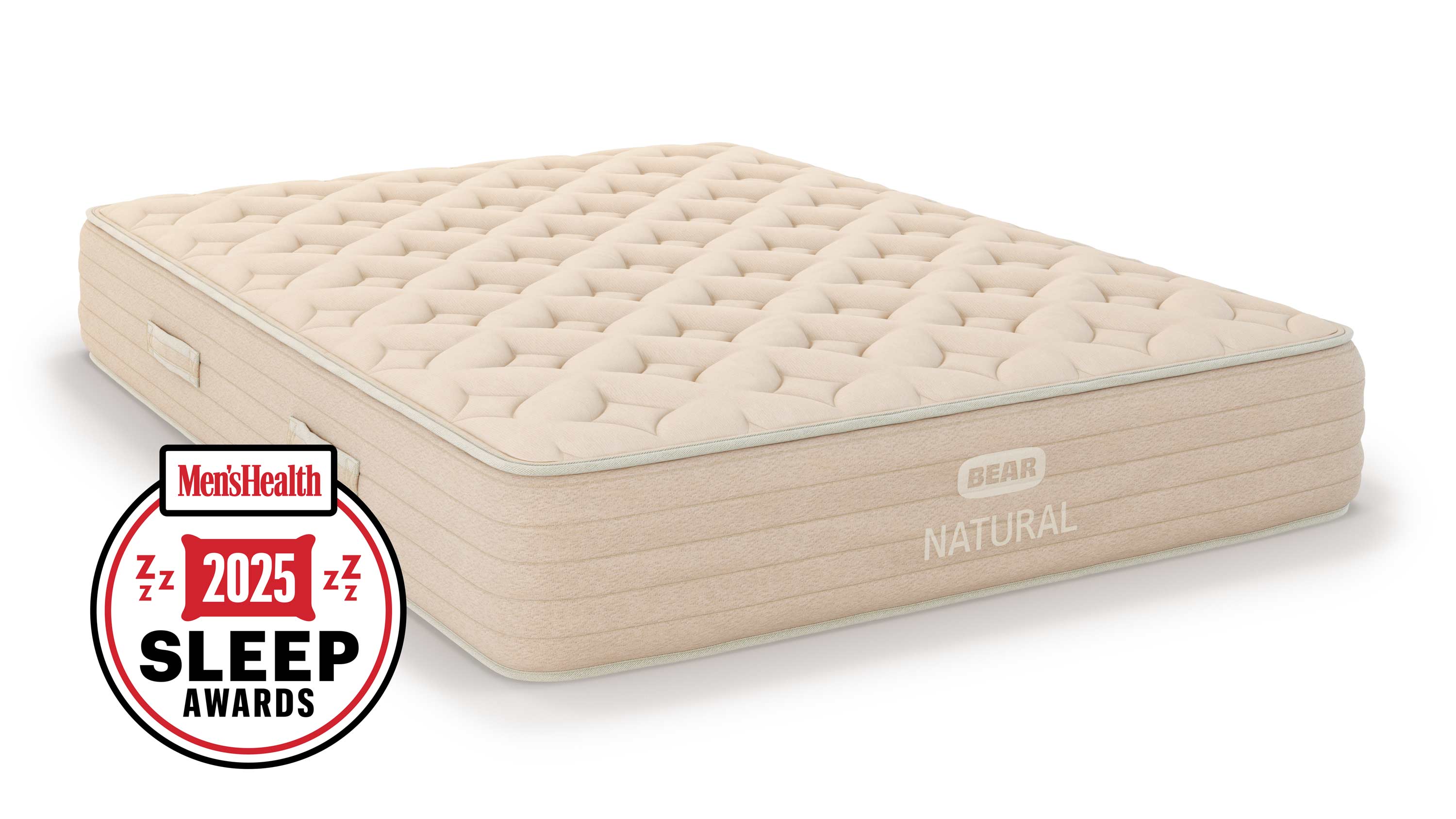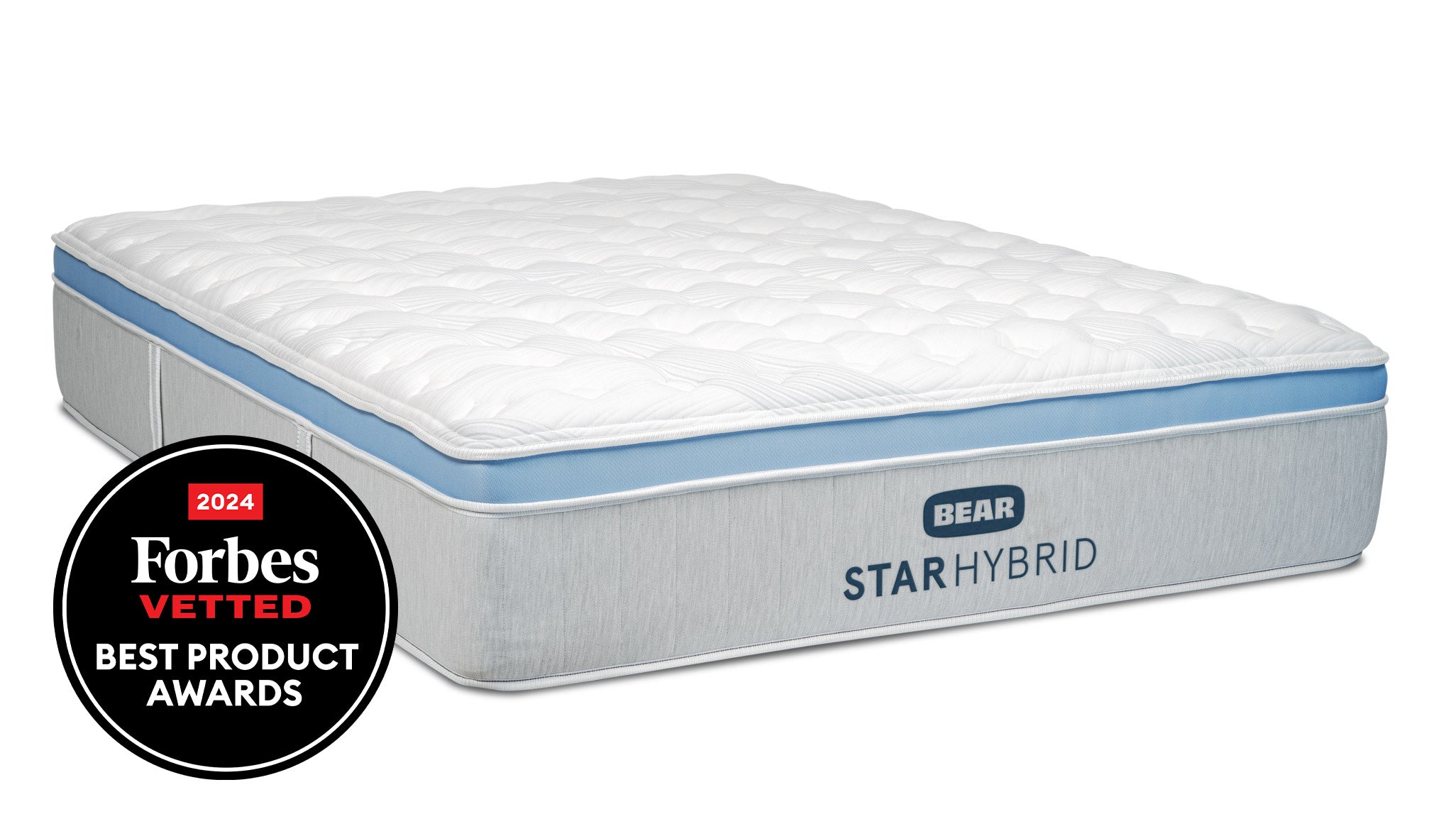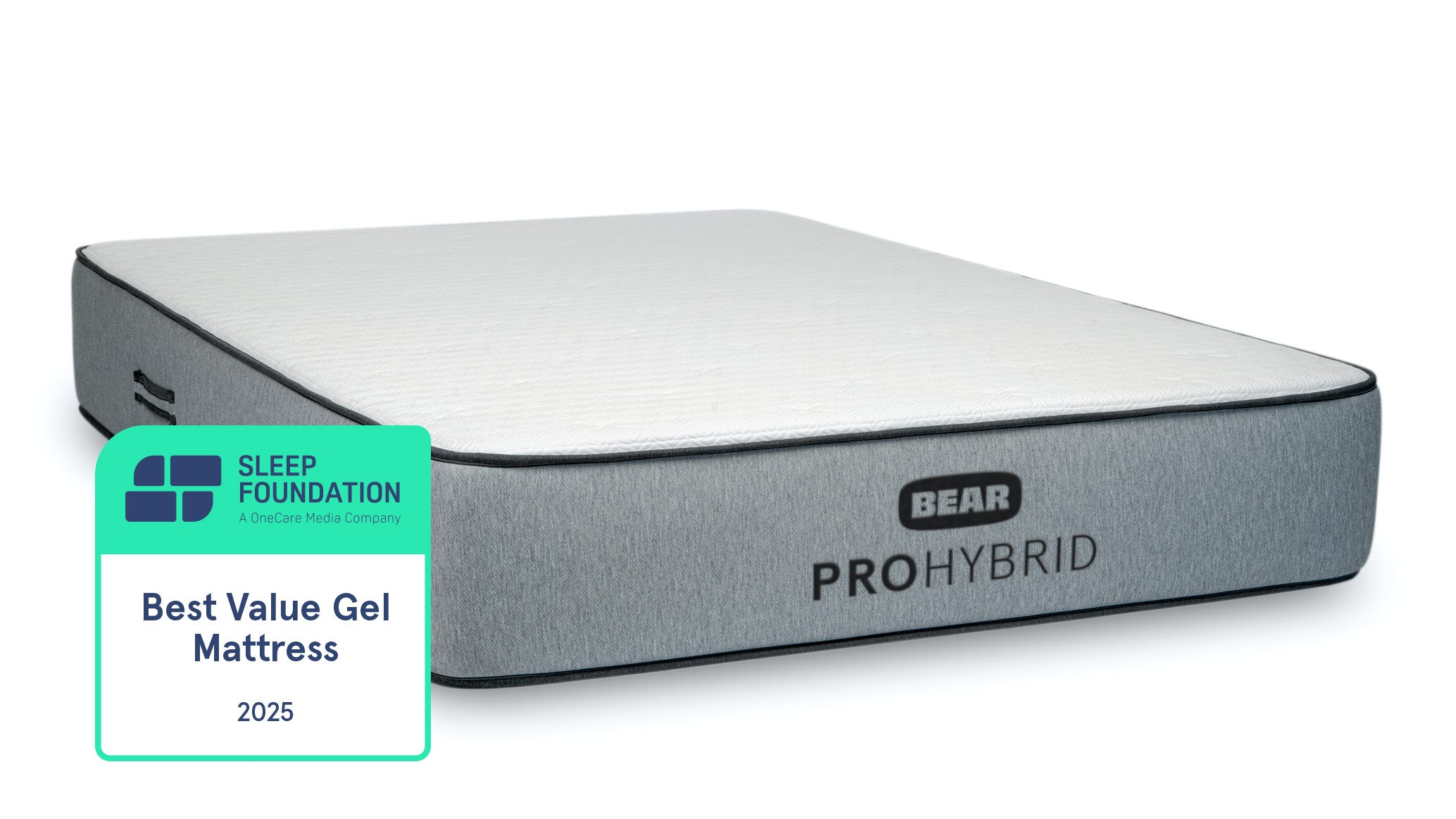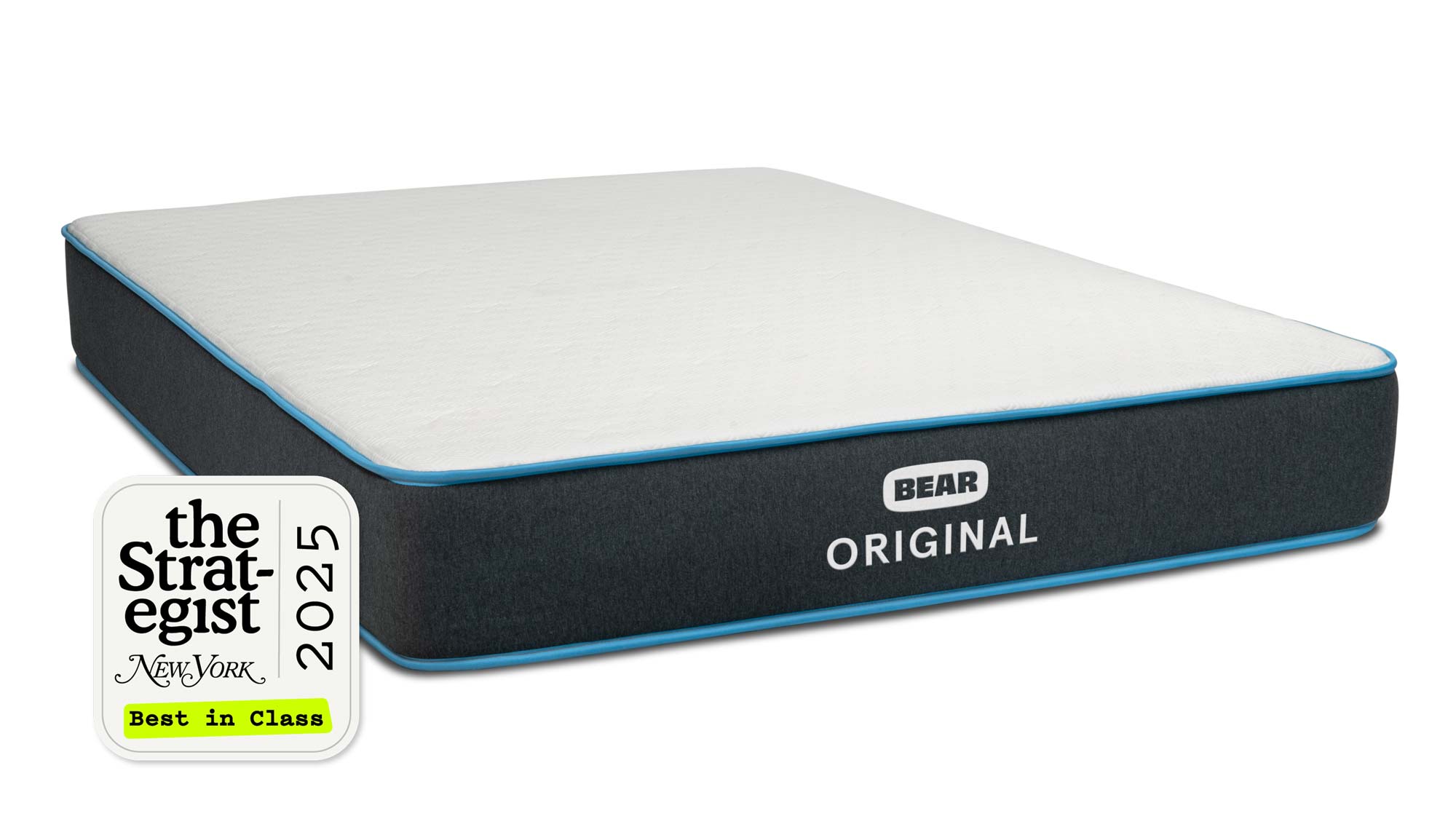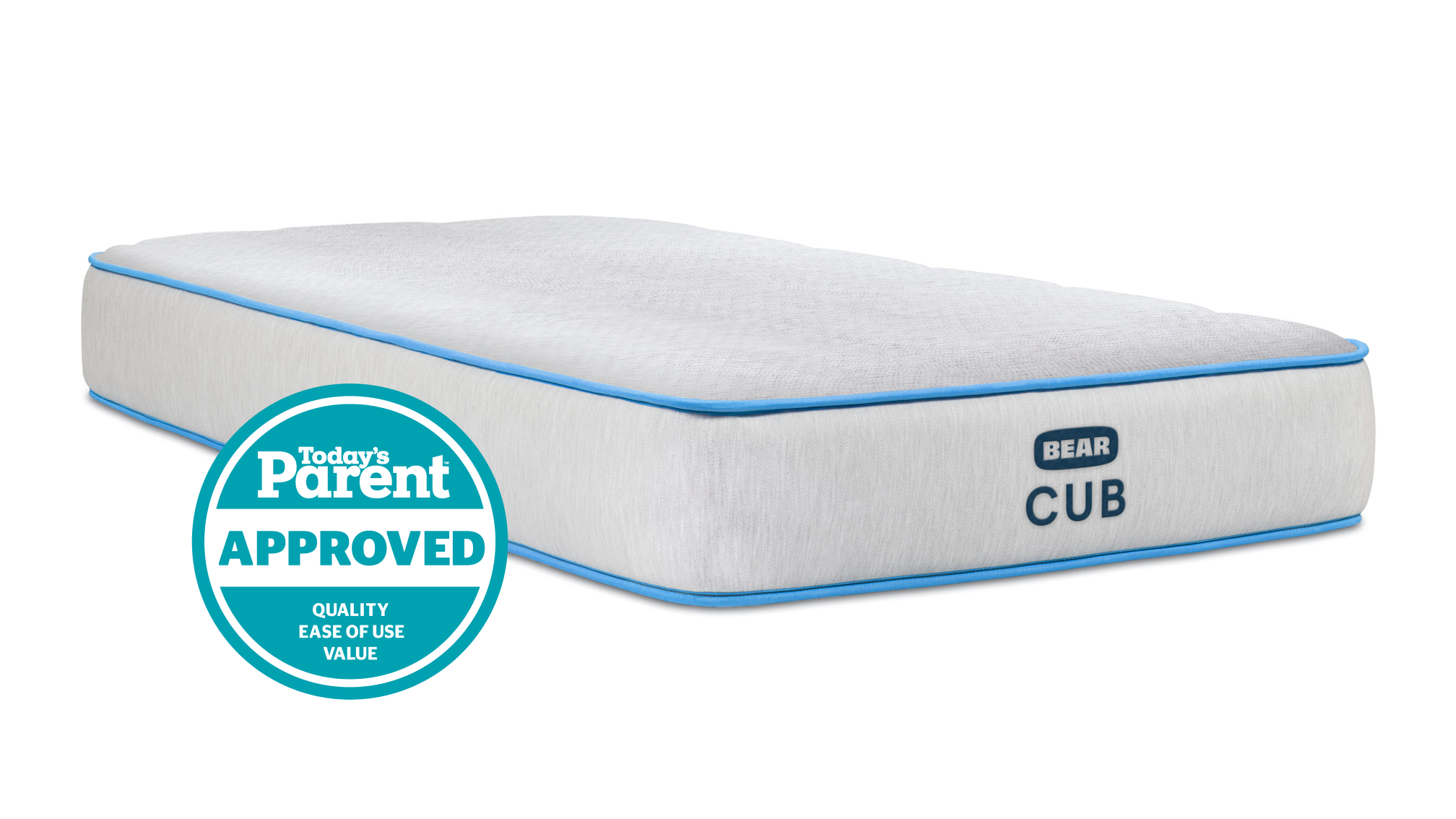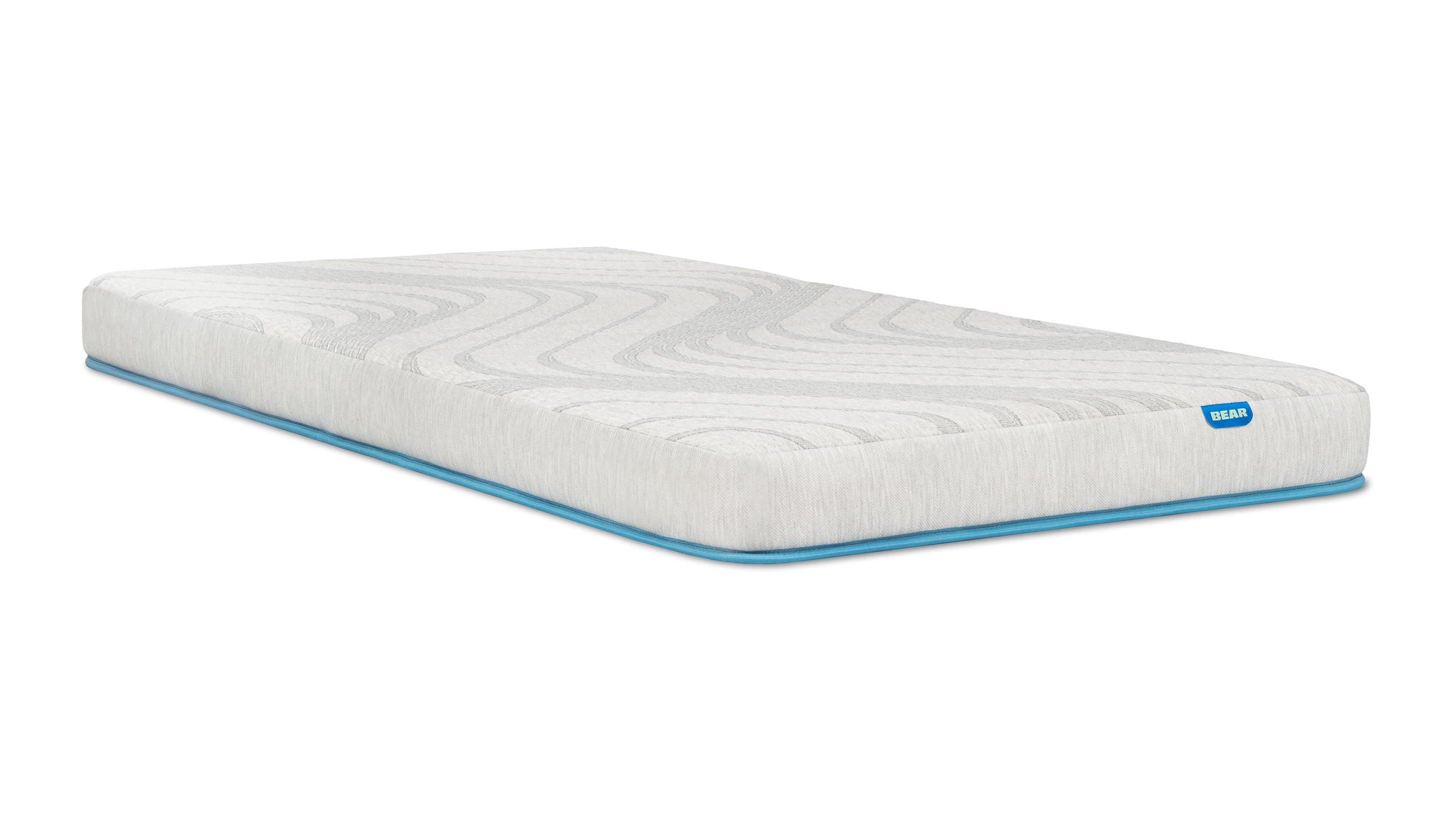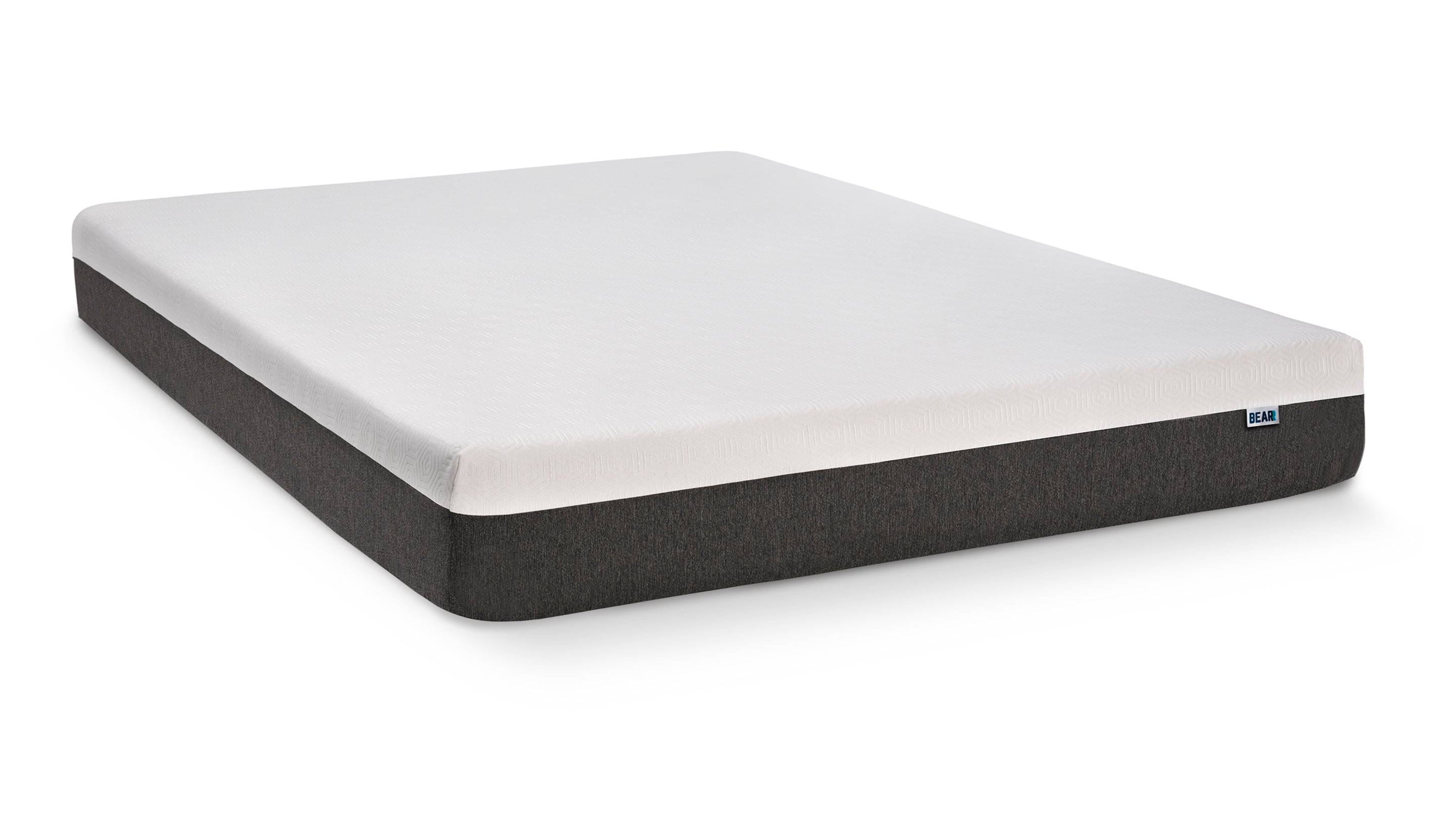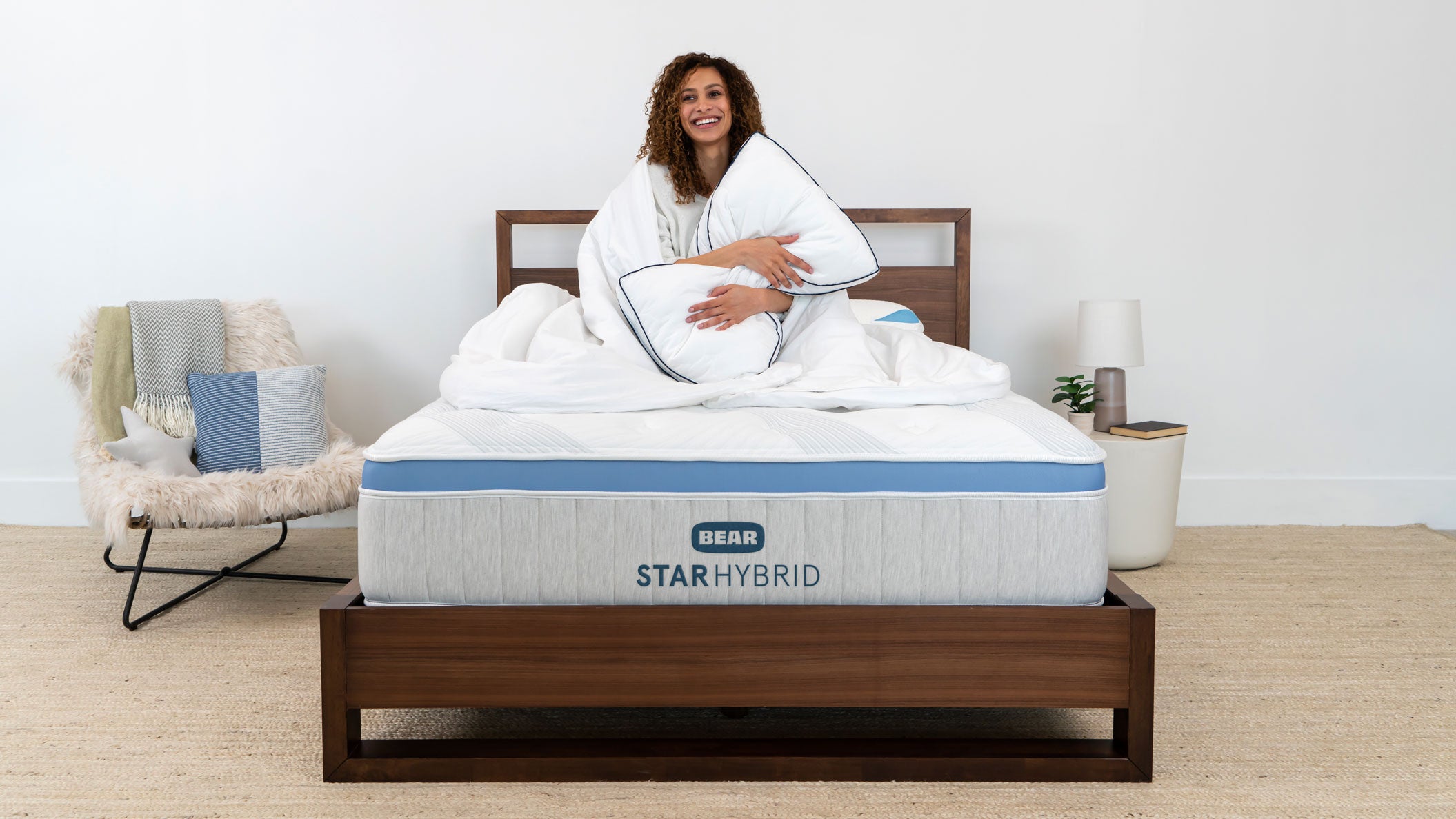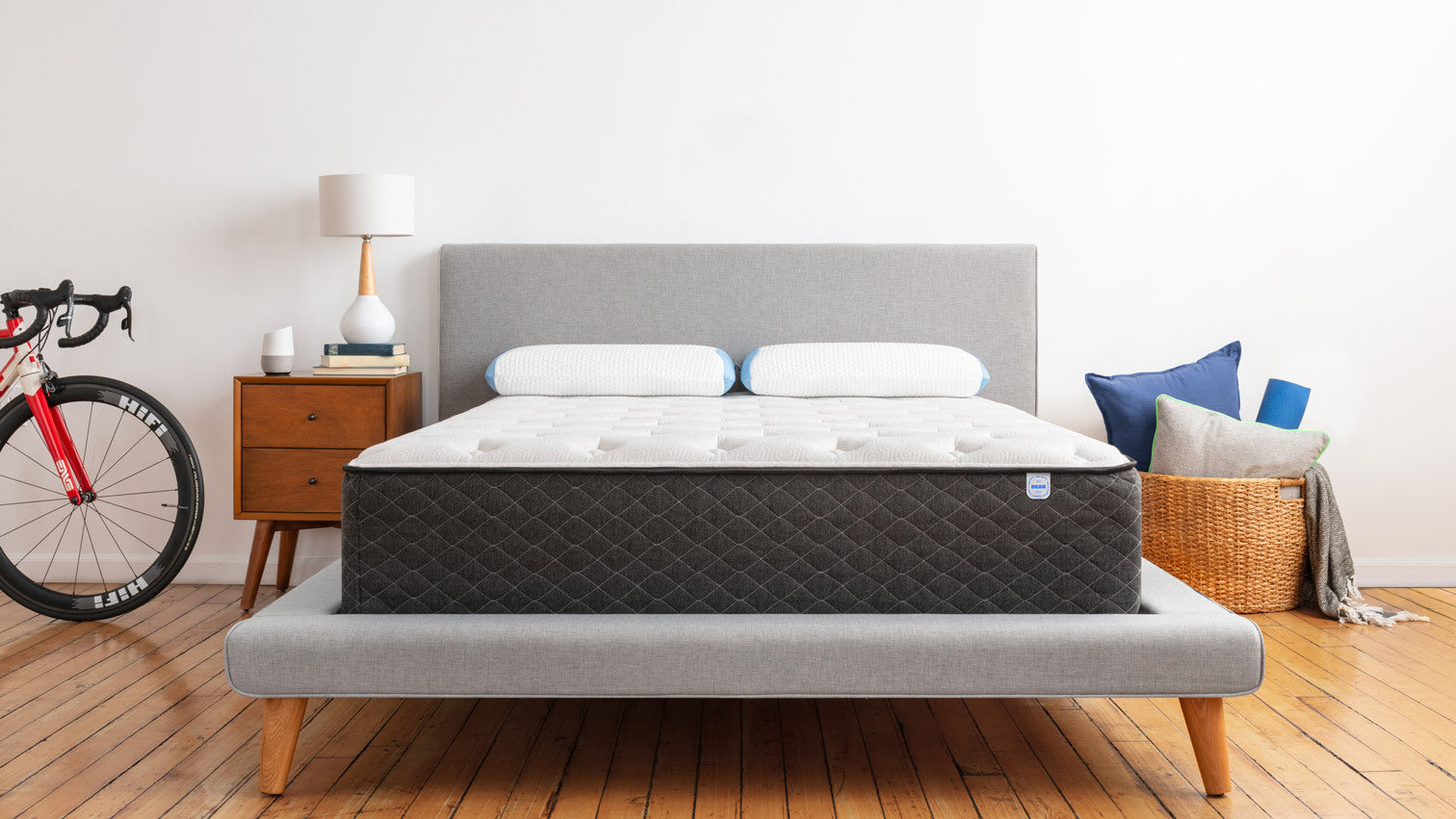According to a study by the University of Maryland Medical Center, it's been revealed that around 80 percent of individuals encounter episodes of low back pain at some juncture in their lives. However, specific lifestyles heighten the risk of enduring chronic or acute back injuries. Notably, athletes face a heightened susceptibility to lumbar spine injuries due to the rigorous demands of their respective sports. Whether engaging in weekend hobbies like long distance running, pickleball, or pick-up basketball, or participating in the rigorous demands of professional sports like skiing, basketball, football, ice skating, soccer, golf, or tennis, individuals subject their spines to considerable strain, absorbing pressure, enduring twists, turns, and physical impacts. This intense activity places significant stress on the back, potentially leading to injury even among the most physically fit athletes. Studies suggest that between 5-10 percent of all athletic injuries are linked to the lumbar spine.
Athletes often get back pain from either one-time accidents or repeated small injuries. They often avoid going to the doctor because they're afraid of the consequences, like having to stop playing or missing games. Instead, they try to fix it themselves with pain pills, which can make things worse and even stop them from playing in the long run.
Thankfully, the majority of low back pain cases can be effectively managed with conservative treatments. It's imperative that all athletes experiencing such discomfort seek medical advice to safeguard their ability to remain active. Prioritizing the health and longevity of their bodies is paramount for the sustained pursuit of their athletic endeavors.
While general preference should dictate the type of surface you sleep on, if you’re waking up every day with severe back pain, your bed could be to blame. And while for many years doctors told us the firmer the mattress the better, a 2003 Spanish study found that medium firm beds were actually the best way to go. When going for foam beds, make sure you’re looking for a mattress with a dense foam core and multiple supportive layers. Responsive memory foam - the material that makes up the Bear Original mattress or our ultra-supportive hybrid mattresses – is better for back support than traditional memory foam. High-Responsive Memory Foam helps align your spine perfectly by conforming and cradling the curves of your body.
So let’s say you bought your mattress a couple years ago, and you’re pretty sure it’s not the problem. Perhaps you should consider changing the way you sleep at night.
- If you’re a side sleeper, try resting a pillow between your knees to help better align the spine
- If you prefer snoozing on your back, consider putting a firm pillow or a rolled up town under the backs of your knees. This both helps properly align your spine and reduces pressure on your sciatic nerve.
We’re pretty sure we say this in every blog post, but studies show that a lack of sleep can increase back pain. So do your best to get those 8 hours.
If you suffer from scoliosis, sciatica or another medical condition, getting a good night’s sleep seems nearly impossible. And while simple lifestyle changes may not seem like the passport to a great sleep, you could find yourself surprised with the results. Try things like
- cutting out caffeine
- not eating heavily before bed
- gentle stretching exercises before bed (we’re huge fans of this yoga routine for bad backs)
- minimizing stress
All of these will help you fall asleep faster and stay asleep longer, even if you’re in pain.
If after making the aforementioned changes, you still suffer from back pain, go to the doctor. Your symptoms could worsen over time.
